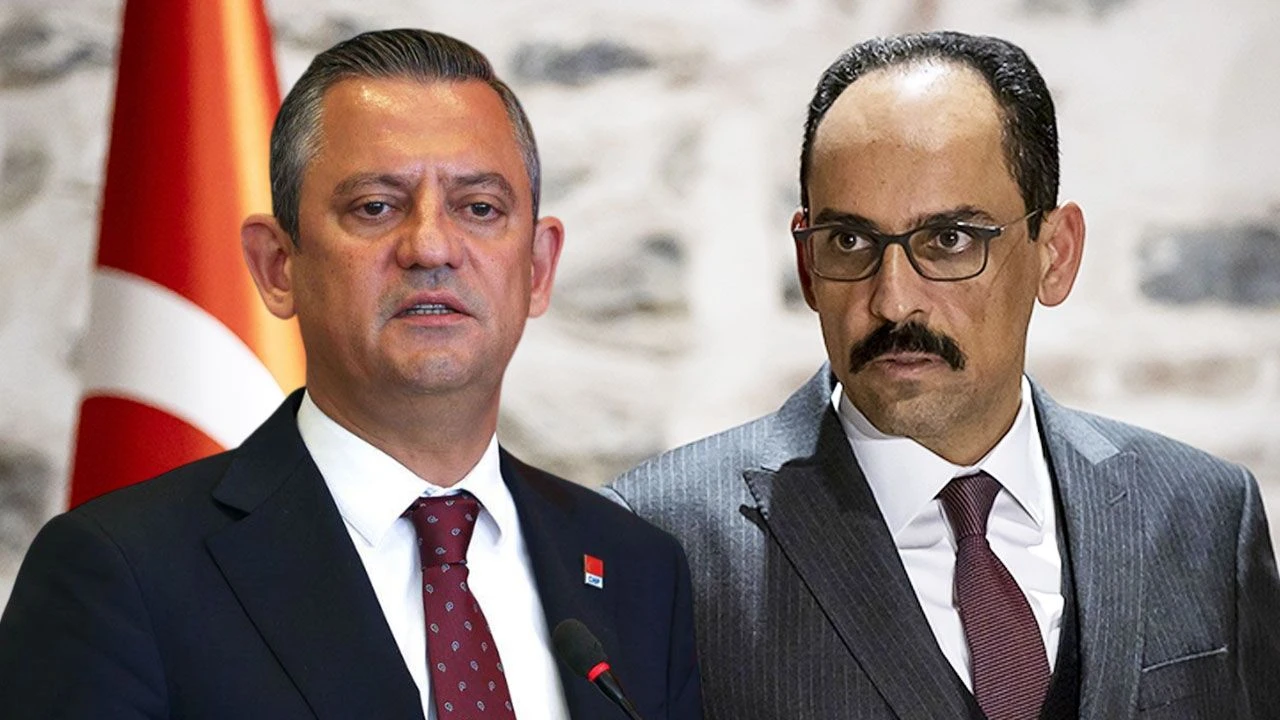Turkish officials respond to alleged nullification of presidential powers

Turkish officials have responded swiftly to address recent claims about the alleged nullification of certain presidential powers by the Constitutional Court. This includes assertions that the court annulled the president’s authority over appointments, such as those of university rectors and the central bank governor.
Justice minister and deputy chairman offer clarifications
Justice Minister Yilmaz Tunc and Presidential Judicial Policies Council deputy chief Mehmet Ucum have both offered clarifications. Tunc firmly stated that such interpretations are unfounded, emphasizing the constitutional provisions outlining the president’s prerogatives in appointing high-level public officials. He underscored the legal basis provided by the Presidential Decrees and the constitutional amendments, ensuring alignment with the new governmental system.
Detailed legal framework
Moreover, Tunc highlighted the intricacies of the legal framework, pointing out the 12 months granted by the Constitutional Court for the implementation of any nullifications. This timeframe suggests a nuanced approach toward any potential changes, allowing for legislative adjustments by the Parliament where necessary.
Essence of presidential authority
Ucum echoed Tunc’s sentiments, asserting that the nullifications, particularly regarding the appointment of rectors and the central bank governor, do not represent a substantive nullification of presidential powers. He emphasized that the essence of the president’s authority remains intact, as delineated in Article 130 of the Constitution.
According to Ucum, the Constitutional Court’s rulings primarily address procedural concerns rather than challenging the core presidential prerogatives.
As the discourse unfolds, it remains evident that while the Constitutional Court’s decisions prompt debate, Turkish officials are committed to upholding the constitutional framework and ensuring the integrity of the country’s governance structure.



